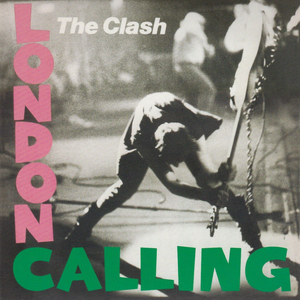Controversial climate change denier Professor Ian Plimer and The Guardian's George Monbiot join Lateline, after previously having a debate famously cancelled over the validity of climate science.Plimer is apparently no longer a sceptic, but rather a denier. Interesting choice of words. The Professor of Mining Geology at the University of Adelaide, it appears, has left the world of the rational and entered into the lunatic fringe. At least as far as one large media organisation is concerned. However, a quick Google search reveals that the ABC is not the only organisation to use the term ‘denier’ to categorise Plimer. The usage may have originated with George Monbiot, a writer for the British newspaper, The Guardian. Monbiot, incidentally, was Plimer’s sparring partner (an appropriate term, perhaps, given some of the imagery attached to Monbiot’s articles about Plimer) on the aforementioned “Lateline” segment.
Not being a scientist, I cannot contribute to the research. I find it hard to accept, having said this, that Plimer is correct. No, I take that back. Plimer *is* wrong. His claims and arguments are misguided, incorrect and shortsighted. He is an expert in a field that *needs* climate change to not be human-caused.
But does this make him a denier? Does rejecting accepted scientific thought put Plimer into the same category as Holocaust deniers – that group of individuals that has a political motivation for whitewashing the crimes of National Socialist Germany to rehabilitate its politics, whilst at the same time, accusing its victims of perpetrating a massive fraud for over sixty years? I’m not the first to make the link either.
Politicising the claims of so-called ‘climate change sceptics’ with the term ‘denial’ is a risky strategy, particularly given current media coverage and (questionable, at best) allegations of scientific misconduct at the University of East Anglia. On the one hand, it is easy to use a throwaway term such as ‘denier’ to deal with the likes of Plimer, but it does nothing to address his claims, particularly when it is used by an opponent who is a writer of books and newspaper articles.
And arguments in the media is not the way to deal with it, in any case. In the same way that the likes of David Irving, Fredrick Toben and Ernst Zündel have played to the media over the last twenty-five years to promote themselves and their lies, it only enhances Plimer’s reputation and serves to promote his views to an even broader section of the population. Has the media not learnt anything since Zündel’s media stunts in the mid-1980s? Apparently not, it seems.
Another issue is the way that by branding an academic employed by a world-class institution a ‘denier’, it lends a veneer of credibility to the real deniers – those of deliberately manipulate historical records to deny the genocide of European Jewry during the Second World War. It allows the question to be asked that if Plimer is dismissed as a denier so easily, does it also mean that Holocaust deniers are simply unfairly labelled as such by a more powerful opponent (as the deniers themselves claim they are)?
Come on, people, don’t resort to cheap labels. Deal with the real issues, and remember that the right of freedom of speech does not mean that every view has to be treated equally or given the same coverage. The right to freely express one’s views does not mean that anybody has to listen. After all, I have yet to see Paul Hellyer’s, former Canadian Defence Minister, proposal to combat climate change featuring at the Copenhagen Talks…
